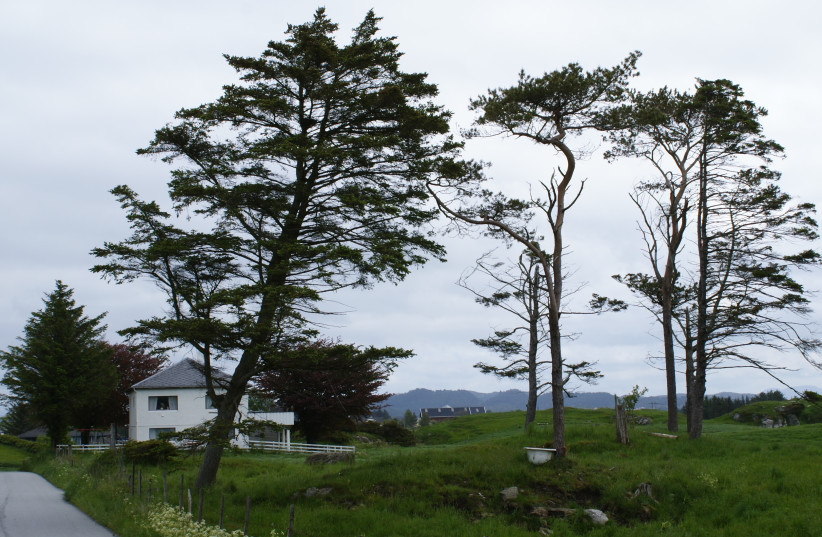New radar data has revealed that an ancient Norwegian Viking burial ground, previously thought to be empty, actually contains the remains of a 1,200-year-old Viking ship.
According to reports from Live Science and local science news source ScienceNorway, archaeologists began using georadar in the summer of 2022 - also called penetrating radar - to search an old archeological site that had been originally excavated in 1904 and found to be disappointingly empty.
Georadar uses radio waves to map out underground landscapes, according to ScienceNorway.
“The georadar signals clearly show the shape of a 20-meter-long ship. It’s quite wide and reminiscent of the Oseberg ship,” Håkon Reiersen, an archaeologist at the Museum of Archaeology at the University of Stavanger, told ScienceNorway.
The site, a grave mound on the island of Karmoy in western Norway, was discovered by archeologist Haakon Shetelig over 100 years ago. At the time, according to ScienceNorway, Shetelig found only a handful of wooden tools and arrowheads.

“He was incredibly disappointed, and nothing more was done with this mound,” said Reiersen.
The findings, per Live Science, indicate that a Viking ship burial was conducted during the late eighth century CE. Such burials, in which a ship is converted into a tomb for the dead and the goods they are buried with, have been discovered in the archeological remains of various ancient seafaring communities worldwide.
The location where this burial was found is "a very strategic point, where maritime traffic along the Norwegian coast was controlled," Reiersen told Live Science. "This was an important place for 3,000 years."
April has yielded a plethora of ancient Viking findings
Hundreds of Viking, Germanic, and Arabic silver coins and a silver ring were discovered by a young girl playing with a metal detector in Denmark, a local museum announced on Friday.
The little girl was playing in a cornfield located 5 miles from Viking fortress Fyrkat when she made the discovery.
“A hoard like this is very rare," Lars Christian Norbach, director of the North Jutland Museum. The coins will be displayed at the museum and the girl has received an undisclosed amount of compensation for her find.
